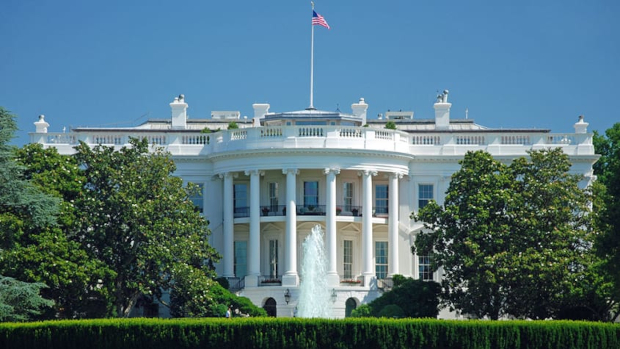
America’s AI Action Plan a wish list for Big Tech
So it looks like our friends in Trumpistan have swallowed the Kool-aid and are heading full steam ahead towards the glorious AI revolution with the announcement of America’s AI Action Plan on 23 July.
And to all intents and purposes, it very much is America’s AI Action Plan because it is taking a very divergent approach compared to the EU, for example. To be more accurate, it’s American Big Tech’s AI Action Plan because the key policies read like a wish list of everything anyone in charge of a massive technology multinational without any scruples over the consequences of a completely deregulated industry might have on people and the environment.
Take the commitment to ‘promoting rapid buildout of data centres’ for example. This is something that Ireland has led Europe in, to some extent, with the rapid proliferation of data centres here. But we are starting to appreciate that this strategy has come at a significant cost and one that, in terms of our climate commitments and our ability to provide a much broader supply of renewable energy in the country’s overall energy mix, has the potential to be immensely damaging.
There’s no need to rehash the figures here, although it’s probably worth noting that the energy needs associated with AI are very likely to have a further distortionary effect on our energy and climate commitments. In Trumpistan, however, the AI action plan involves gutting environmental protections around the planning and siting of AI data centres under the heading of ‘enabling innovation and adoption’. This requires the removal of “onerous Federal regulations that hinder AI development and deployment, and seek private sector input on rules to remove”.
Another section calls for “upholding free speech in frontier models” and I’m sure you can all guess what ‘free speech’ President Trump and his acolytes are talking about when they stress that “systems are objective and free from top-down ideological bias”. Anyone in any doubt can only look at their recent actions, it’s all there in black and white – sorry, I meant it’s all there in male and white.
The good news is that despite the emphasis on this being America’s AI Action Plan, we too can share in this brave new dawn. Admittedly, we won’t have much direct input into the winning of the AI race that will “usher in a new golden age of human flourishing, economic competitiveness, and national security for the American people”. But it’s the thought that counts.
Price of progress
And our money. Big Tech has very kindly agreed, through the good offices of President Trump and his administration, to let us buy American AI with the Commerce and State Departments partnering with industry “to deliver secure, full-stack AI export packages – including hardware, models, software, applications, and standards – to America’s friends and allies around the world”.
As Secretary of State and Acting National Security Advisor Marco Rubio, puts it: “These clear-cut policy goals set expectations for the Federal Government to ensure America sets the technological gold standard worldwide, and that the world continues to run on American technology.”
How privileged those friends and allies will be to be in a position to ensure that “America must continue to be the dominant force in artificial intelligence” by acquiring AI that is guaranteed to be entirely objective and non-ideological. The rest of the world may as well stop working on AI now and put its faith in American AI (AAI) instead.
Of course, the desire of Big Tech to focus on ‘deregulation’ and ‘innovation’ in America’s AI Action Plan is likely to exacerbate the existing friction with the EU which places a much stronger emphasis on regulations, transparency and safety, three elements that have the same effect on Big Tech as garlic, sunlight and wooden stakes on vampires.
Looked at from this side of the Atlantic, the approach being adopted by the US appears needlessly reckless with everything being made subservient to the development of ‘American’ AI. It’s probably fair to say that this particular version of ‘American’ AI is not something that most of us Europeans would be happy to adopt. Perhaps the tech companies will have to develop a non-American AI for the EU. But would any non-American country be able to trust US companies? Now there’s a question that AI might struggle to answer correctly.







Subscribers 0
Fans 0
Followers 0
Followers